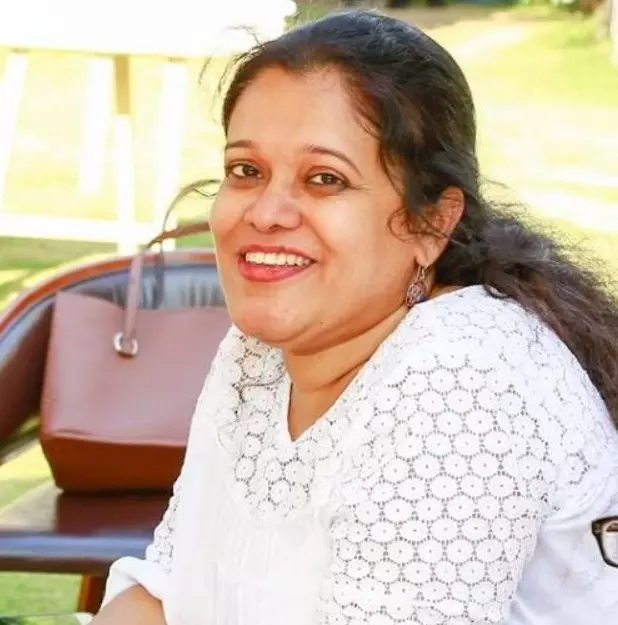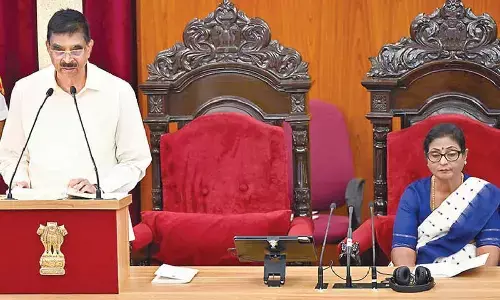Sleep, main course in life's feast

There were days one stayed awake for a book to complete, but that wouldn't be on a daily basis unless you were a chronic insomniac
When have Indians decided that it is no longer cool to be early to bed? With people – youngsters and grownups alike staying awake much into the night catching up with the world over social media or just indulging in unending entertainment – we also have a name for it – 'Binge Watching' (covered in this column earlier), we must consider our nation to be mostly awakened (pun intended). We must also consider changing our national bird – from the beautiful peacock that opens up its colourful plume early in the morning dancing to the clouds, and usually rests during the nights, to the owl that stays awake, doing nothing majorly except hanging in there. We too are hanging in there, albeit in the virtual world.
There were days one stayed awake for a book to complete, but that wouldn't be on a daily basis unless you were a chronic insomniac (yes, it is a disease, which is being much sought after nowadays). Today, no one wants to sleep and miss out on anything. There is a word for that too – FOMO – Fear of Missing Out. Be it rain in Uganda, a film in Ukranian, news from North Pole or just some random gossip from an unrelated group on WhatsApp – whether it is useful or not – you need to be the first one to read it and immediately flaunt your knowledge to the world through Facebook, Twitter, and so on, especially if the news is celebrity in nature. And in order to do so, you need to sacrifice what is so easily available to you – Sleep.
Coming back to Indians and their sleeping patterns – the entire blame for changing a nation's belief system as far as health is concerned, goes to Doordarshan. What started in the evening with local news and programmes (beginning with the ones made for farmers and poultry rearing the programming went on to cover children, women, men, and family). At 9 pm, suddenly there would be what is known as visual noise the scene would shift to the studio in New Delhi with the anchor suddenly speaking in Hindi. By then the children slept, and along with with them the women of the house, when the scene on the television shifted to international programming. A few from the best of English entertainment would be picked to be telecast at around 10 – 10.30 pm. Gradually viewership increased. What was considered as primetime shifted from 7 pm to 9 pm and then to 10 pm and so on and so forth! Now with so much effort and money being put in making these programmes, Indian viewers were but obliged to stay awake and watch.
India has made progress. Surely if there was a time when there was no electricity and you had films like 'Swades' made on the theme; today, the remotest of villages have TV and mobiles that play into the night, keeping the old and young alike, glued to the screens watching serial showcasing lives that are far from being real, leave alone being remotely relatable. This has been made possible due to the digital revolution. All those evenings spent in adjusting the antenna in the best direction to catch a signal that's passing by are now a thing of past. Doordarshan has paved way for 100s of channels, and the programming comes easily into the homes. And, it is 24 hours non-stop fun? Hence, even rural India does not want to be left behind in catching up with as much as it is humanely possible, or even more.
Then in the late 90s came the call centres, and their erratic timings tuned into clocks from the world over. Hell broke loose. And went berserk in the last few years with the World Wide Web becoming wider and wider by the day. And with that changed the general etiquette. While it was considered bad manners to call someone beyond a certain time, a few years ago…today, no time is a bad time. Ping your close friend or a colleague in the middle of the night and chat away to glory until 1 am or 2 am, and it's still okay. In fact, that's so much 'In' with times that you will look 'oh-so-cool.'








